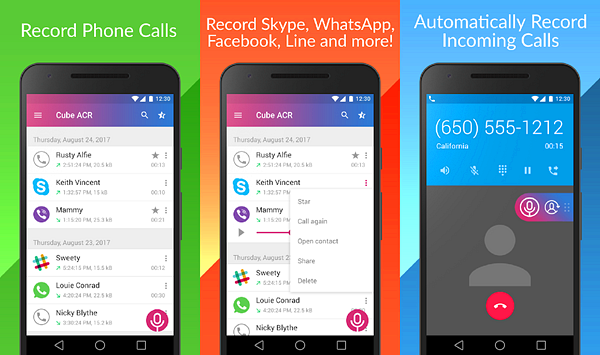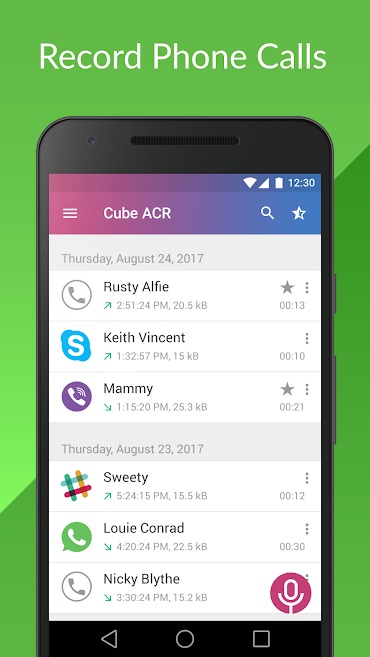

Slack will only approve this with employees’ consent, if it is required in a legal proceeding, or if it is within your employer’s rights-this is based on an agreement between you and your employer, not determined by Slack. If your company uses the Standard or Free version of Slack: They need to submit a request to Slack for a one-time export of your conversations, including from private channels. In this case, employers would need to submit a request to Slack to export a JSON version of your chat history, but there are additional obstacles:


Slack goes into detail with a few more examples on their website. While your boss may not be able to simply hop into a private chat between you and a coworker-nor are they likely to spend their time doing this-it doesn’t mean that they can never find your messages.Īccording to Vox, if an employee is part of a lawsuit, for example, or if your company launches an internal investigation, the company may have the right to acquire your so-called “private messages,” just as they would have had this right with your company email. On Slack, you can chat in a general channel with a wider group of teammates, through direct messages, or in private channels with smaller groups. Here’s what you need to know: Does my company have the right to read my Slack messages? In the WFH era, we’re also seeing employers find different ways to monitor employee productivity, so it’s natural to wonder about the security of your Slack messages. And, as the lines between our personal and professional lives tend to blur in the comfort of our home offices, Slack channels can end up vacillating between strictly work-related, to frivolous (like a #cat_memes_only channel), to personal. With a larger-than-usual percentage of employees working from home, Slack-the revolutionary collaboration tool that has become a ubiquitous verb in most offices-has gained even more prevalence in our work days. How mindful should you be of what you’re sharing on Slack? The short answer is: very.


 0 kommentar(er)
0 kommentar(er)
